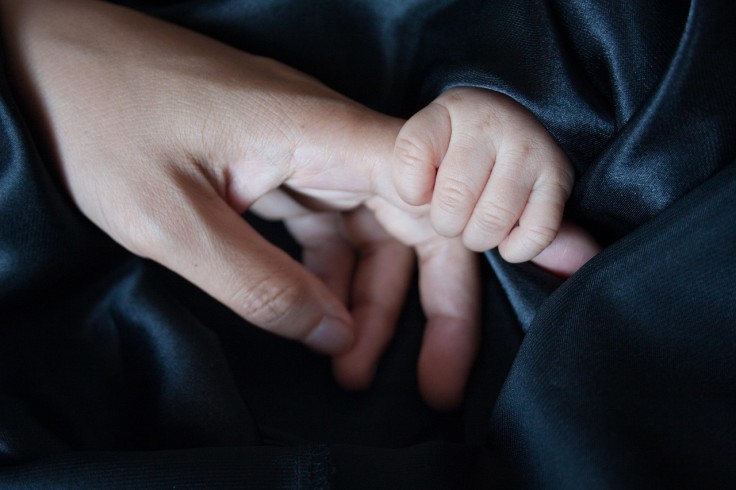Velcro kids are children who seem to want to be close to their parents all the time. The name comes from the material "Velcro" that sticks together firmly, just like these kids stick to their caregivers. Whether they're in the same room or right in their parents' arms, Velcro kids feel safest when they have constant contact or closeness.
This behavior is becoming more common with millennial parenting styles, where parents respond quickly to their children's needs and stay highly involved in their daily lives. This closeness often makes children feel secure and loved, but it can also be a challenge for parents who need moments of independence or time to focus on other tasks.
Velcro kids can be a stage in early childhood or part of a child's personality. They may cling more during times of stress, illness, or when routines change. For parents, having a Velcro child means balancing constant attention with teaching the child to feel confident when apart.
Setting gentle boundaries is key; parents can explain when they need short alone times, like going to the bathroom or finishing work, and reassure the child they will return soon. Most Velcro kids do grow more independent as they get older and start enjoying time with friends or hobbies on their own. In the meantime, parents often find comfort in the strong bond and emotional connection they share with their child.
Velcro Kids and Parenting Today
The rise of Velcro kids ties into changes in parenting approaches. Unlike previous generations, many millennial parents focus on being emotionally present and responsive. They tend to hold, comfort, and engage with their children more openly.
This helps kids develop emotional intelligence and a secure attachment, but can also lead to kids who prefer sticking close all day long. Parents sometimes call these kids "Velcro" or even "sticky rice" to highlight this clingy but affectionate behavior. While it can be tiring, many parents appreciate the closeness and feel it's worth the extra effort, even if it means adapting their routines.
Helping Parents Manage
For parents, it is helpful to build routines so kids know what to expect. Predictable schedules allow children to feel safe and prepare for times when parents are not immediately available. Parents can schedule special one-on-one times to satisfy the child's need for closeness while also encouraging independent play when appropriate.
Using gentle explanations about why parents need space and setting clear but kind boundaries can help children learn patience and build confidence over time. Consulting with pediatricians or therapists can also guide parents if their Velcro kid's clinginess feels overwhelming or lasts longer than expected.
In short, having a Velcro kid means being part of a close, loving bond that sometimes demands creative parenting solutions. The key is to cherish the connection while helping children grow into self-assured individuals.
